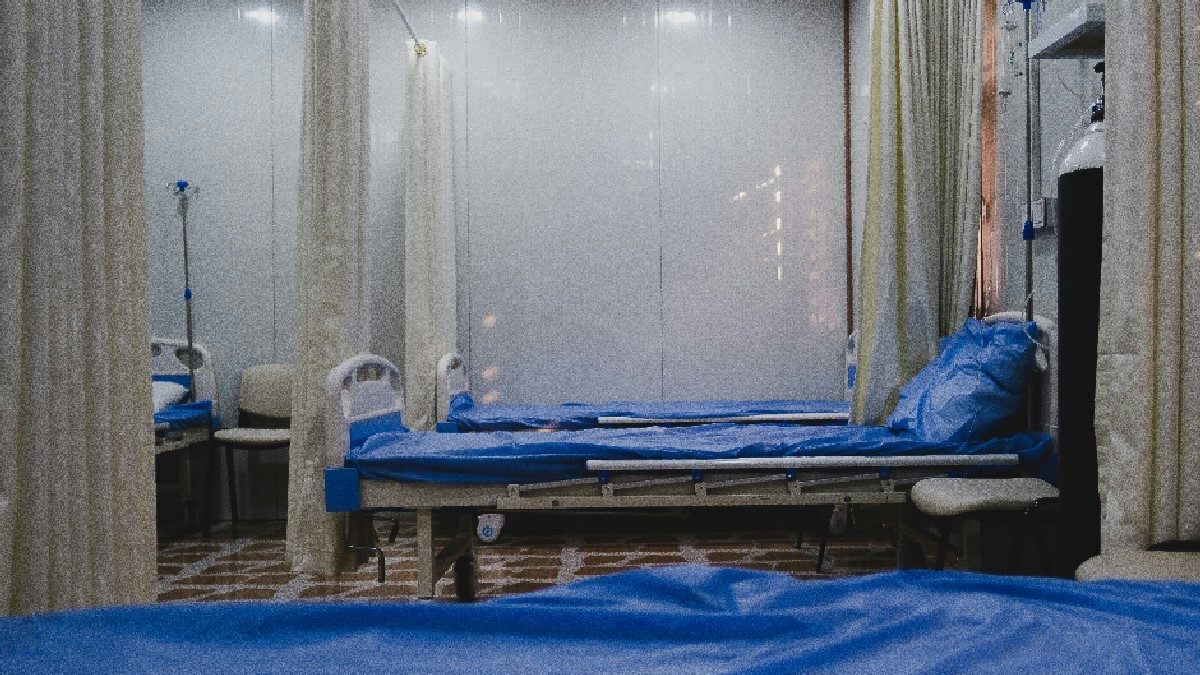India’s first suspected case of Mpox (monkeypox) has been reported, raising concerns about the potential spread of the virus. A young man, who recently returned from a country experiencing an Mpox outbreak, has shown symptoms and his samples have been sent for testing. While this incident has triggered caution, the Indian health authorities remain confident in their ability to manage the situation.
Mpox in India: The First Suspected Case and Its Implications
The identification of a suspected case of Mpox in India marks a significant event, signaling the potential arrival of the virus within the country’s borders. The individual, who recently traveled to a region affected by the Mpox outbreak, has exhibited symptoms consistent with the disease. Authorities are actively pursuing contact tracing, aiming to identify potential sources of transmission and assess the potential extent of the spread. The early detection and swift response to the situation underscore the importance of a robust surveillance system, particularly in the context of global health emergencies.
Mpox: An Overview
Mpox, previously known as monkeypox, is a viral disease transmitted to humans through infected animals, and can also spread from human to human through close physical contact. The disease typically presents with symptoms such as fever, muscle aches, and characteristic boil-like skin lesions. While most cases are self-limiting, Mpox can sometimes be fatal.
India’s Response: Preparedness and Management
Despite the emergence of the first suspected case, Indian health officials have reassured the public that the country is well-equipped to handle isolated travel-related cases of Mpox. They highlight the existence of established protocols and robust measures in place to manage and mitigate any potential risks. This includes the deployment of contact tracing strategies to prevent further transmission. The early response reflects the nation’s commitment to proactive public health management, leveraging existing resources and expertise to contain potential outbreaks.
A Global Health Emergency: The WHO’s Concerns
The World Health Organization (WHO) declared a global health emergency for Mpox in August 2022, driven by the alarming surge in cases, particularly of the new Clade 1b strain, originating in the Democratic Republic of Congo (DRC). The DRC has been at the epicenter of the Mpox outbreak, with cases subsequently spreading to neighboring countries. This heightened concern prompted the WHO to implement proactive measures, including a vaccination campaign against Mpox in Congo. The global response underscores the interconnected nature of public health challenges and the urgency of collaborative efforts to prevent further spread of Mpox.
Mpox Variants and The Emerging Threat of Clade 1b
The global Mpox epidemic of 2022 was primarily attributed to Clade 2, which continues to circulate in many countries, including the West. However, the current outbreak in the DRC is caused by the Clade 1 strain, adding another layer of complexity. A new version of this subgroup, variant 1b, has emerged, presenting a potential threat with uncertain dangers and transmissibility. Despite the rapid increase in cases associated with Clade 1b, the WHO has reported relatively few deaths, providing a glimmer of hope while also demanding close monitoring.
The Origins of Mpox: A Look Back
The virus responsible for Mpox was first identified in 1958 in Denmark, during a research study involving monkeys. The subsequent discovery of the virus in humans, in 1970, in Zaire (now DRC) highlighted the potential for cross-species transmission. The ongoing efforts to understand and manage Mpox are driven by a long history of scientific observation and the need for continuous surveillance and preventive measures.
Take Away Points
The detection of a suspected case of Mpox in India signifies the potential spread of the virus within the country. While the authorities are confident in their ability to manage isolated travel-related cases, the situation underscores the importance of maintaining vigilance. The WHO’s declaration of a global health emergency, particularly concerning the emergence of a new strain in the DRC, emphasizes the need for international collaboration to contain the outbreak. Ongoing research into Mpox variants and their transmission dynamics are crucial to inform public health responses and potentially develop effective vaccines and treatments. The future management of Mpox requires a concerted approach, encompassing surveillance, rapid diagnosis, effective contact tracing, and public awareness campaigns.




